In India, the journey to becoming a doctor is often seen as a path of prestige and reputation. However, behind the honour lies a harsh reality of mental health crisis faced by medical students in India. The immense pressure to perform along with high expectations, has left many students vulnerable to stress and depression.
Surveys published on various platforms reveals that approximately 84% of PG students feel moderate to severe stress, while one in every four MBBS students suffers from a mental condition. These data not only demonstrate the widespread nature of the problem, but also emphasise the critical need for an action. According to an Indian Express story, the National Medical Commission (NMC) formed a Task Force for the Mental Health and Wellbeing of Medical Students in reaction to the worrisome number of 122 suicides among medical students in the last five years.
Not only is mental health important for medical students' well-being, but it also affects their ability to give quality care to their patients. A medical practitioner suffering from untreated depression or anxiety is at danger of emotional exhaustion, poor decision-making, and reduced ability to do their job.
This blog will examine the factors that contribute to stress and depression among Indian medical students. From academic pressure and long working hours to the stigma of seeking mental health treatment. We will also study about its impact on students and the existing support systems and will try to shed light on potential solutions.
Survey Insights
Key Statistics from The National Medical Commission Surveys
The National Medical Commission (NMC) has done extensive survey on the mental health to shed light on the difficulties that medical students face throughout India. According to the surveys published in Business Standard:
- 28% of undergraduate and 15% of postgraduate medical students have been diagnosed with mental health disorders
- 36.4% medical students indicated a lack of knowledge and abilities for managing stress.
- 56.6% students find their academic workload bearable yet heavy, 20.7% find it too high, and only 1.5% find it light or too light.
- 56.3% of UG students struggle to balance their academic and personal lives.
- In the past year, 16.2% of MBBS students expressed suicidal thoughts, compared to 31% of MD/MS students.
These statistics highlight the importance of mental health support services inside medical institutions to ensure the well-being of future healthcare practitioners.
Causes
Understanding the Causes of Stress and Depression
Medical students in India experience issues that cause significant levels of stress and depression. Understanding the underlying causes of these issues is important for developing effective support solutions.
- Academic Pressure and Rigorous Curriculum
Medical students in India experience high levels of academic pressure due to the vast curriculum. The pressure to continually excel in a tough competitive environment, causes high amount of stress. The never-ending cycle of exams, assignments, and practical assessments provides little to no time for relaxation, resulting in chronic anxiety.
- Long Working Hours and Lack of Work-Life Balance:
Medical students frequently work long hour shifts, including study sessions, clinical rotations, and internships. This demanding schedule allows little time for personal activities, self-care, and socialising, resulting in a major disconnect between work and personal life.
Due to this lack of work-life balance, students struggle to find time for mental health care eventually resulting in elevated stress levels, anxiety, and depression.
- Financial Burdens and Inadequate Stipends:
MBBS students and their families face significant financial burden due to the high cost of tuition and living expenses. Even though many students rely on student or education loans, this may raise concerns about future debt. Stipends obtained during internships are insufficient to pay for basic living expenses, making it difficult for students to meet their basic needs. This financial struggle may have a negative impact on their mental health and academic performance, as well as raise feelings of uncertainty and frustration.
- Social Isolation and Lack of Support Systems:
Students suffer from mental health as they have no time to socialise or maintain relationships outside their work. Long hours spent in class, researching, and responding to duty calls can lead to an emotional disconnect with family and friends. This isolation is increased by the competitive environment, which may make students unwilling to express their concerns or seek assistance. Students without a good support system may struggle to cope with the demands imposed on them, making them more vulnerable to stress, anxiety, and depression.
- Stigma attached to seeking mental health treatment:
The stigma associated with mental health concerns is still quite prevalent, despite increased awareness. Fear of being judged or worries about their future often prevent students from asking for help. This resistance may make it more difficult for them to get the help they require and worsen their mental health problems.
A broad strategy is needed to address these underlying reasons, including improved mental health resources, financial assistance, and societal changes that promote acceptance and understanding of mental health issues. By addressing these problems, we may help medical students to succeed by creating a more encouraging environment.
Impact on Students
Stress And Depression Impact On Students
It is commonly known that stress and depression have a negative impact on Indian medical students' life in a number of ways, including:
1. Emotional and Psychological Effects:
MBBS students who are highly anxious or depressed are more likely to experience significant emotional distress. Psychological effects that are frequently reported include feelings of overwhelming pressure, hopelessness, and chronic anxiety. This emotional strain may cause mood swings, impatience, and an inability to conduct daily tasks smoothly.
2. Impact on Academic Performance and Professional Development:
It may be difficult for students dealing with mental health issues to focus, retain knowledge, and do well in examinations. This drop in academic performance has an impact not only on their grades, but also on their professional development, resulting in lack of interest and missed opportunities.
3. Long-Term Consequences on Personal and Professional Lives:
The long-term consequences of untreated mental health issues on medical students can be severe, affecting their personal and professional lives. On the personal level, mental health issues can cause difficulties with relationships, social withdrawal, and a persistent sense of dissatisfaction, whereas, professionally, it can reduce job performance, decrease patient care quality, and increase the risk of downfall in their careers.
Current Support Systems
Mental Health Support System For Well Being
Many medical institutes in India have begun to recognise the mental disorders faced by MBBS students. They are now providing counselling services, mental health awareness programs/seminars, and peer support groups. Some universities also offer access to mental health professionals and training on time management and stress management.
Despite these efforts, the mental health support system continues to have gaps and loopholes. A lot of support systems are not used to their full potential because of poor outreach and lack of knowledge. Furthermore, there aren't many mental health professionals working in institutions, and the ones that do exist may not be sufficient to address the particular needs of medical students. As a result, many still suffer in silence.
RecommendationsRecommendations for Improvement
It is high time for medical institutions to regularly conduct stress management programs. These programs should include workshops on coping strategies, time management, and relaxation techniques. Regular appointments or meetings with mental health professionals can also help students learn how to effectively manage their stress.
Institutions can provide on-campus counselling and mental health care services with flexible hours to accommodate students' schedules. Increasing the number of skilled mental health specialists and making services more discreet and accessible will encourage students to seek help.
Medical schools should consider improving stipends and providing financial aid in terms of scholarships. Providing financial counselling and support can help students manage their spending and decrease the financial burden of their education.
Creating a supportive environment in which mental health issues are openly discussed and acknowledged may help to reduce stigma. Institutions should raise mental health awareness through campaigns and promote mental health education into their curriculum. Encouraging students to seek help without fear of being judged, as well as teaching staff on how to identify and support students in distress, can help reduce mental health difficulties. |
Conclusion
It is essential for students to address mental health issues for general wellbeing and future success. They must overcome challenges to improve their professional and personal growth. By doing so, not only their future opportunities but also the standard of care they provide to patients in the long run will improve.
The community at large, medical facilities, and policymakers must work together to develop a support structure that prioritizes mental health issues faced by MBBS students. Institutions should improve their mental health services, establish effective stress management programs, and provide financial assistance to help students manage their day-to-day activities. Policymakers should voice for measures that increase mental health resources and the community should create a culture of understanding and support, encouraging students to seek assistance without fear.
By following these steps, we can ensure that our future healthcare providers are not only trained and knowledgeable, but also emotionally healthy.
Sources:
https://indianexpress.com/article/opinion/columns/medical-students-mental-health-nmc-policy-9520076/
https://indianexpress.com/article/opinion/columns/medical-students-mental-health-nmc-policy-9520076/
Read More About: Understanding Toxic Positivity and Its Impact on Mental Health
Our Research and Analysis: Prevalence and pattern of problematic internet use among engineering students from different colleges in India
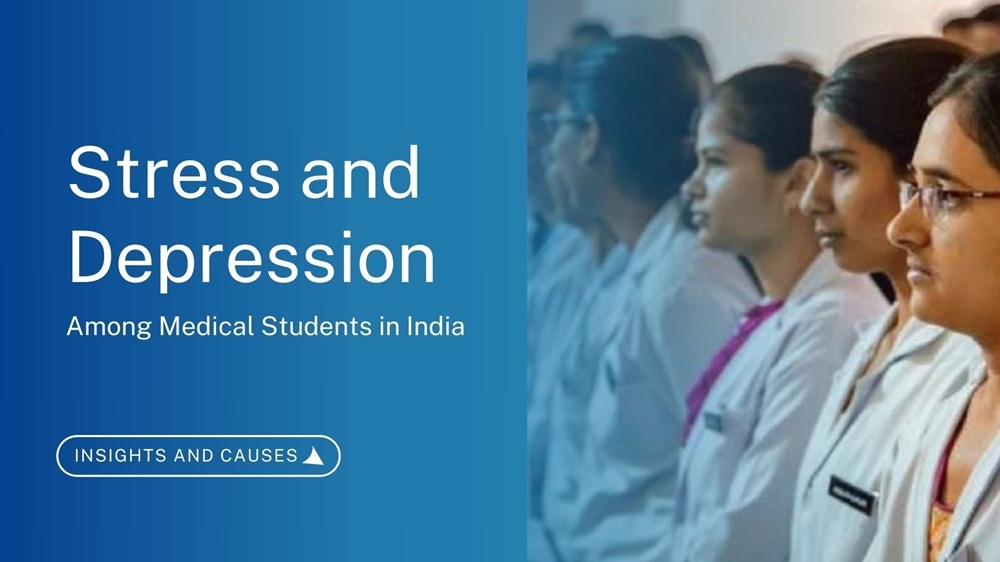
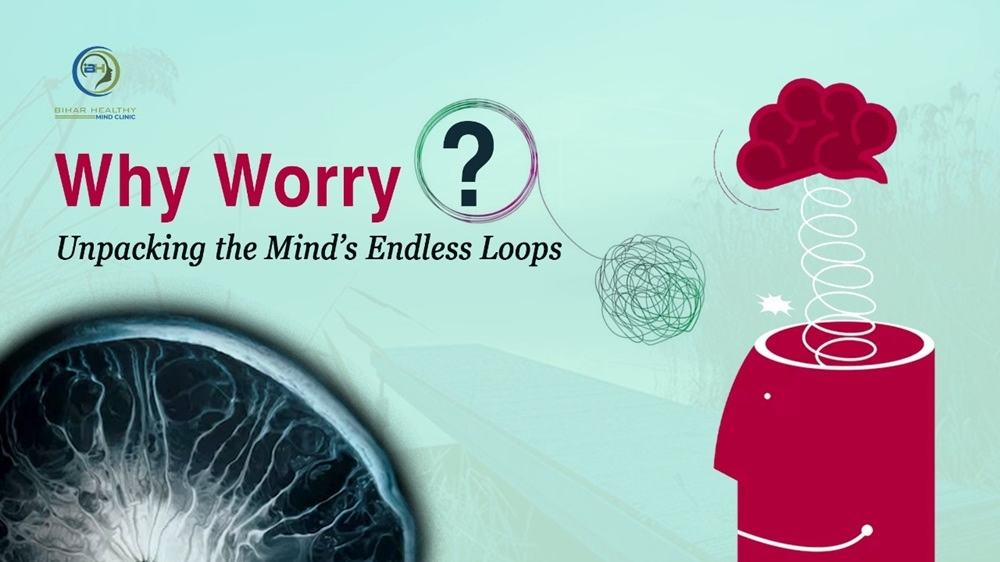
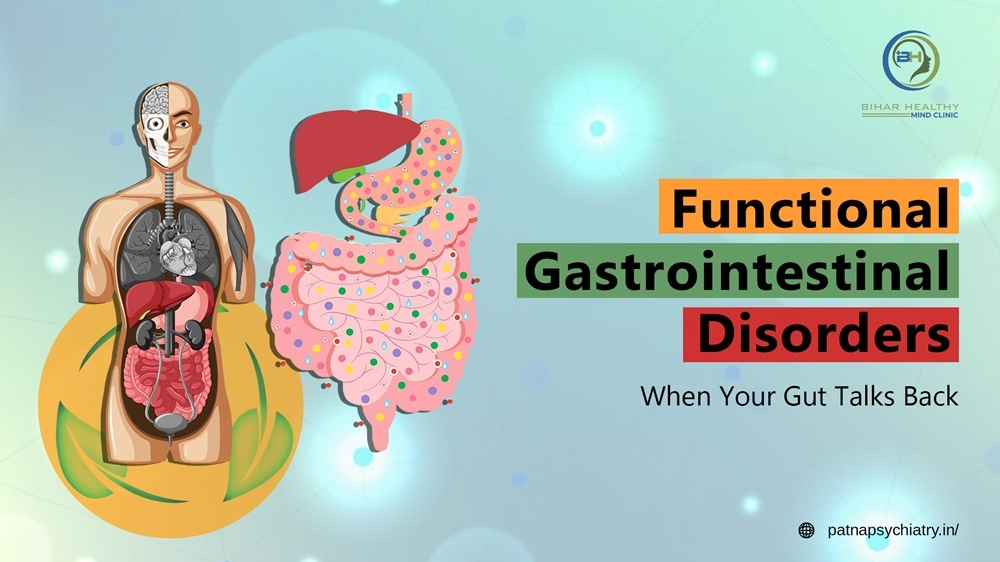
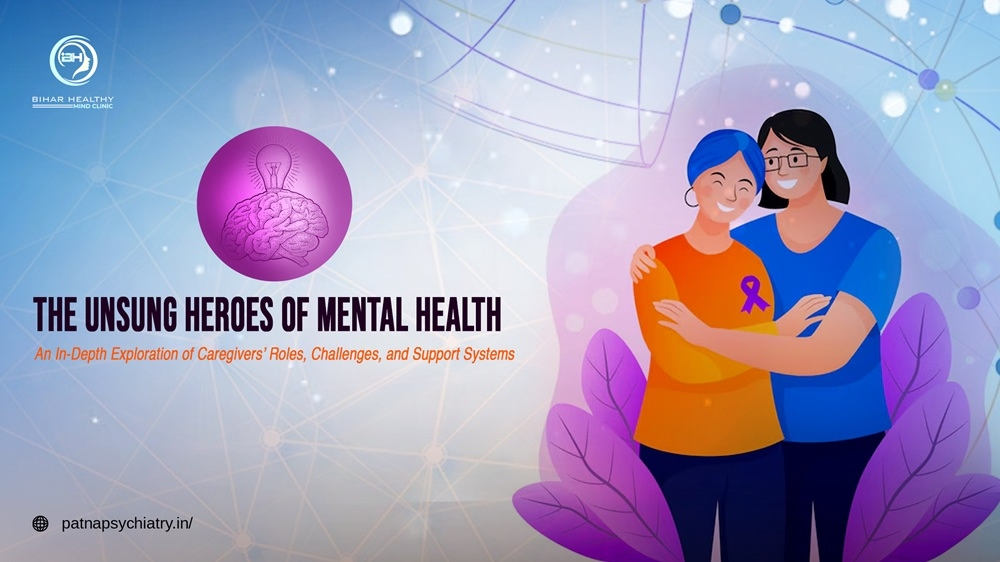
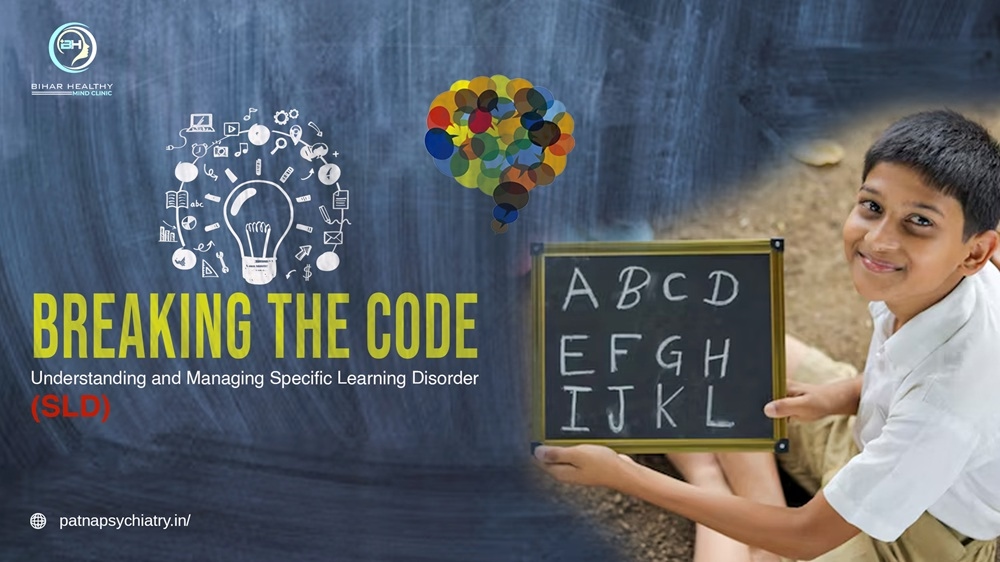
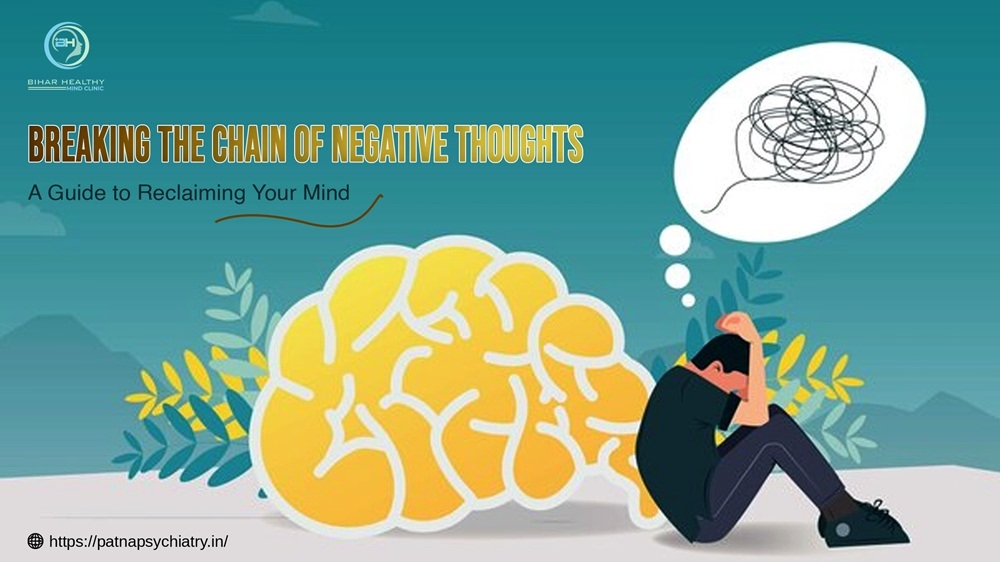
No comments yet. Be the first to comment!